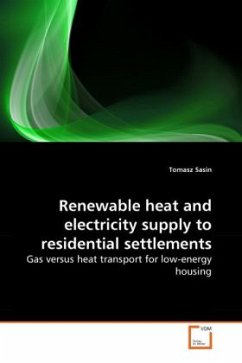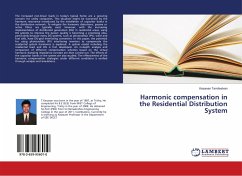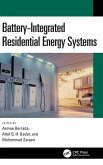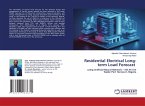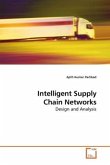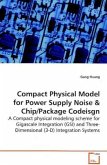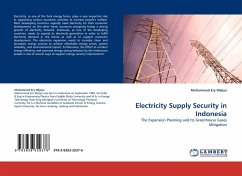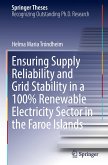The use of energy in the residential sector is among the most significant sources of greenhouse gas emissions. The majority of energy consumed in households accounts for space heating and the preparation of warm water. The key to decreasing energy consumption is increasing energy efficiency. The most progress in energy efficiency in the residential sector is expected to be made by improving the insulation of buildings and using low-energy equipment. However, in settlements with very high insulation standards, transport of heat becomes senseless as heat losses may be higher than delivered energy. The easiest way to eliminate losses in this case is generating heat directly at the consumer's location. In the book seven ideas are proposed which eliminate heat transport and involve a switch to gas transport or direct electrical energy delivery. In the presented scenarios, all the energy delivered to the settlement comes from renewable energy sources. The book presents an up-to-date overview of concepts regarding district heating, efficiency standards for buildings and statistics of renewable energy resources in Germany and the European Union.
Bitte wählen Sie Ihr Anliegen aus.
Rechnungen
Retourenschein anfordern
Bestellstatus
Storno

